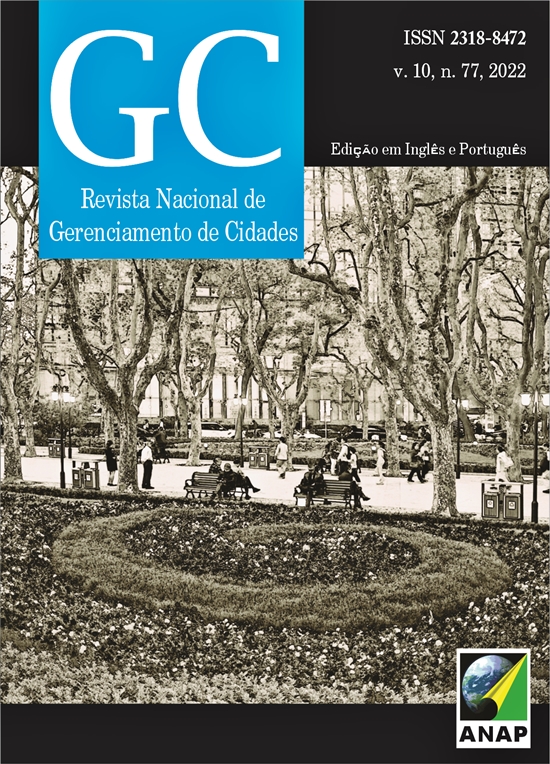Socio-environmental vulnerability as a consequence of urban problems in Brazil: An overview
DOI:
https://doi.org/10.17271/23188472107620223091Palavras-chave:
Social fragility. Ambiental degradation. Urbanization.Resumo
The expansion of human occupation over the limits of cities leads to the depletion of infrastructure, impacts on its dynamics and imposes mobility difficulties. This type of territorial occupation results in urbanization patterns that undermine equity, efficiency and the continuity of the city as a support for social life. Therefore, this article aims to reflect on the importance of socio-environmental vulnerability in territorial planning and its use to guarantee the social function of the city. In order to reach the objective, an integrative review was used using the following questions: What approaches have guided the approaches to socio-environmental vulnerability in undergraduate and graduate courses? What are the methodologies for applying socio-environmental vulnerability that can be identified in the publications? For the selection of articles, the Scientific Electronic Library Online (SCIELO) database was used. It can be seen that research on socio-environmental vulnerability has contributed satisfactorily to the importance of this topic in Brazil, which allows progress through the use of new techniques and tools, which enabled a favorable diagnosis of socio-environmental vulnerability factors in the country. Brazilian context. However, it was found that in Brazil there is great potential to make a qualitative leap in several areas, including the issue of territorial planning, which should associate measures of an ethical, social, economic and environmental nature that carry out the maximum of Brazilian environmental legislation. With regard to land use and occupation, there is still a lack of awareness for an orderly, balanced and fair occupation.















